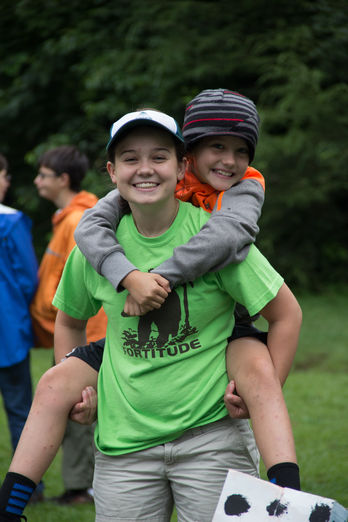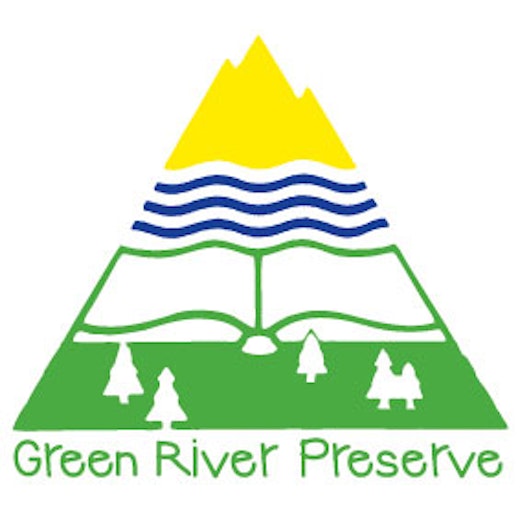Breaking Boundaries

In sports, a “boundary” is the marked limit of the playing area. Everyone playing a game knows that it is not good to be out of bounds. These markers are set in advance, agreed on collectively by the players or by a governing body. But the boundaries in our lives – who sets these? Sometimes limits are agreed upon by many, as when cabin mates decide to respect each others’ bunks as personal spaces. Sometimes those in a position of authority set the boundaries, as when a lifeguard tells campers where and when to jump off the swim dock. Sometimes we set boundaries for ourselves, often with little regard for what is true. We approach situations with pre-set assumptions of our abilities, telling ourselves what we can and cannot do.

I have seen a scenario play out many times on the climbing tower: a camper gets to a moderately difficult place on the wall, or a place that is a tiny bit higher than what she is comfortable with, and she says, “I can’t do it!” The belayers unfailingly yell up to her some variation of, “Yes, you can!” Maybe they say, “I believe in you,” or, “Not with that attitude,” and this so often is the case. We cannot do the things that we tell ourselves we cannot do. If, instead, we provide ourselves with positive, encouraging words, we create the potential to do the things we think we cannot. During Staff Training at the beginning of the summer, Ruby, our Program Director, told the staff many times, “We do hard things.” This is true of everyone here. There may be multiple options in any given circumstance, but campers and staff are rarely encouraged to choose the easy one. They are gently pushed to pick the choice that will foster growth. One of the loveliest parts of my job is that every day I have the privilege of helping campers break through boundaries that they themselves have erected.

Maybe your camper has been homesick. If so, he or she has not been alone. Campers can face great emotional boundaries when leaving their parents and the comfort of their homes. You will be encouraged to know that many of these children adapt over the course of the two-week session to become lovers of camp. One of my coworkers told me today that his homesick camper is no longer homesick, that, “Yeah, he’s excited to see his parents tomorrow, but it’s because he wants to show them the cool thing he made in raku pottery today, and not because he wants to leave camp.”
Perhaps an even more common boundary that campers will have to break is the one presented by returning home from camp. After two weeks, I can almost guarantee that your children are “camp people.” They love it here and will find it difficult to leave their friends, their counselors, and their bunks. We have packed, cleaned, and physically prepared for Closing Day tomorrow, but I would be surprised if anyone here has fully wrapped his or her head around the reality of tomorrow’s departure.

I can relate to this feeling, knowing it is the one that I am experiencing the first inklings of as the end of the summer approaches. As a 25-year-old camp counselor three years out of college, when I first got to camp, I struggled with the internalization of what I thought to be society’s expectations of me. Graduate school, a career-track job, and a steady relationship are the things I felt that I was supposed to want and be working toward. I was fighting not to let other people’s conceptions of success be my own. Meeting and connecting with your children, learning new things every day (through Mentor Hikes, afternoon activities, and conversations with campers and other staff), and finding a place away from my home that will forever remind me of home – these are the things that have helped me to break down the idea of what I think I am supposed to want and begin defining what I actually want. Thank you, from the bottom of my heart, for sending your children here to Green River Preserve, a place that builds character, values community, and fosters respect of self, others, and nature. We are already looking forward to next year.
- Holly (WW1)

